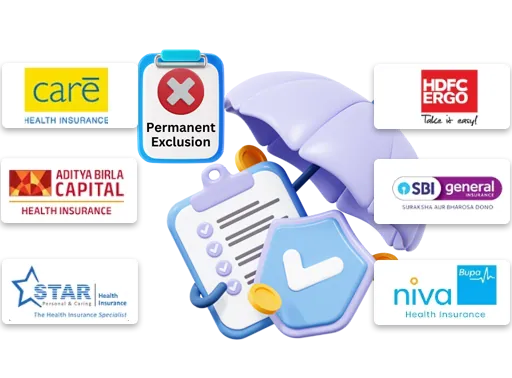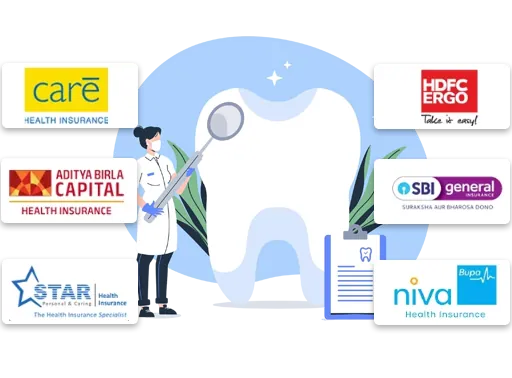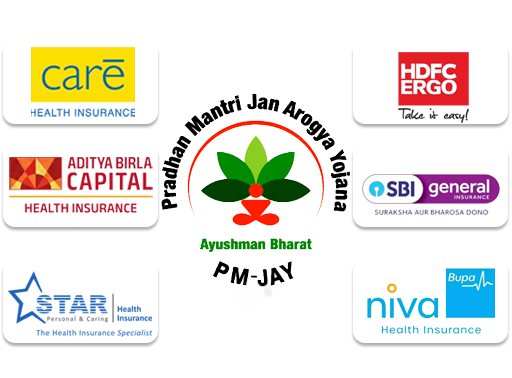Health Insurance Waiting Period




Himanshu is a content marketer with 2 years of experience in the life insurance sector. His motto is to make life insurance topics simple and easy to understand yet one level deeper for our readers.
Reviewed By:

Raj Kumar has more than a decade of experience in driving product knowledge and sales in the health insurance sector. His data-focused approach towards business planning, manpower management, and strategic decision-making has elevated insurance awareness within and beyond our organisation.
Updated on Jun 25, 2025 4 min read
Waiting Period in Health Insurance
The waiting period is a predetermined time period wherein an insured individual has to wait before receiving all or part of the benefits of their health insurance coverage. It is important to be aware that during this waiting time, you typically cannot make any claims against your policy. This waiting time may apply to all of your coverage or just a few health issues, depending on the insurer. Most health insurance plans like individual plan, family floater, senior citizen, and group mediclaim insurance have some waiting period or the other.
What is the Waiting Period for Health Insurance?
The waiting period in health insurance refers to the time that starts from the day of commencement of your insurance policy and during this time you can not file any health claims. The waiting period is pre-decided by the insurance policy and different health conditions are covered after different waiting periods. For example, some conditions like maternity are covered after 1 to 3 years after the start of the policy whereas, some are covered just after 1 month. Each insurance provider has different waiting periods set by them, so, make sure to read the policy documents carefully to understand what is covered when by your policy.
Consult for Personalized Insurance Advice

But how does it work?
Schedule a call with India’s number 1 trusted advisor with a 4.5+ rating on Google. We are not your average insurance agents. Our advisors are experts in their insurance knowledge and will give you the right information at the right time. The service is free of cost! Don’t worry, we won’t spam as we value your time.
Health Insurer Network Hospitals
Health Insurance Waiting Period: FAQs
1. What is the waiting period for health insurance?
The waiting period is a predetermined time period wherein an insured individual has to wait before receiving all or part of the benefits of their health insurance coverage. It is essential to be aware that during this waiting time, you typically cannot make any claims against your policy. The waiting period differs from one health insurance plan to another.
2. If an insurance holder is diagnosed with a disease will they be covered for the same?
If an insured individual is diagnosed with an ailment during the policy period, the claim will cover it, However, the condition will be applied wherein the initial waiting period has to end before they can file a claim.
3. Why does a health insurance policy have a waiting period?
There are multiple risks involved when an insurer designs health insurance for the benefit of the customer but they are misused by some. To avoid unethical practices by certain individuals waiting periods are implemented under various health insurance plans.
4. Is there a benefit if a health insurance plan has a lesser waiting period?
Yes, a lower waiting period translates to access to health insurance policy coverage in a lesser amount of time. For example, if policy A has a 48 months waiting period for pre-existing diseases and policy B has 24 month waiting period then the user can avail coverage against pre-existing diseases earlier through policy B than from Policy A.
5. How can I check if my health insurance covers my existing health conditions?
Every health insurance policy has a different waiting period for certain illnesses and conditions, insurance buyers must thoroughly understand the terms and conditions of a health insurance policy before purchasing one to understand if their existing conditions are covered or not.
Health Insurance Companies
Know More About Health Insurance Companies
Share your Valuable Feedback
5
Rated by 6 customers
Was the Information Helpful?
Select Your Rating
We would like to hear from you
Let us know about your experience or any feedback that might help us serve you better in future.


Written By: Himanshu Kumar
Himanshu is a seasoned content writer specializing in keeping readers engaged with the insurance industry, term and life insurance developments, etc. With an experience of 2 years in insurance and HR tech, Himanshu simplifies the insurance information and it is completely visible in his content pieces. He believes in making the content understandable to any common man.




















Do you have any thoughts you’d like to share?